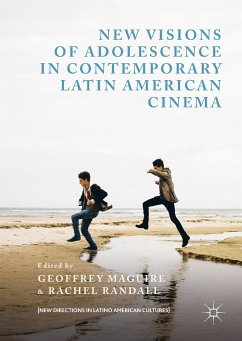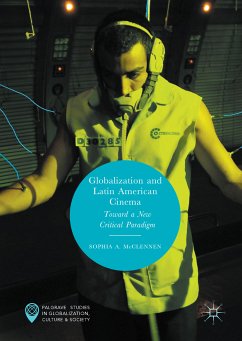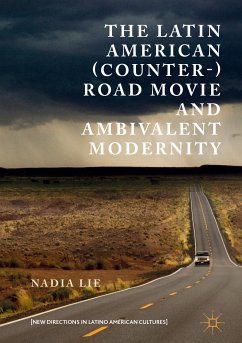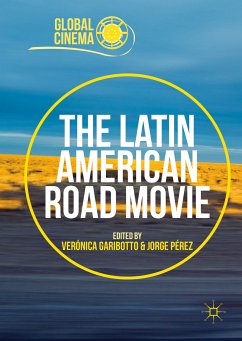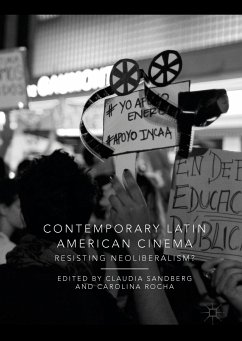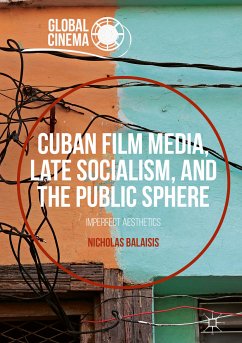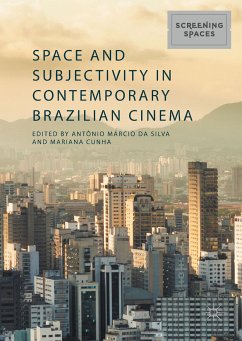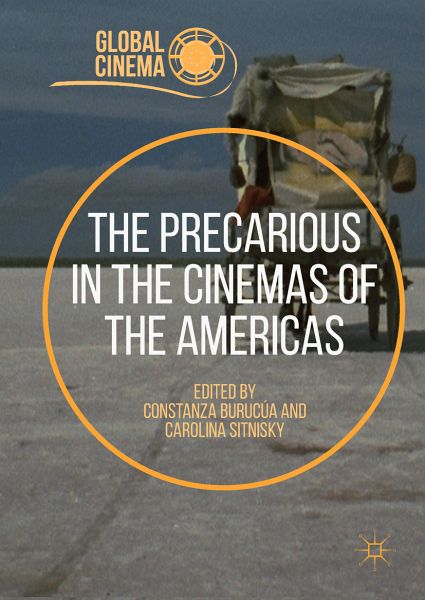
The Precarious in the Cinemas of the Americas (eBook, PDF)
Versandkostenfrei!
Sofort per Download lieferbar
64,95 €
inkl. MwSt.
Weitere Ausgaben:

PAYBACK Punkte
32 °P sammeln!
Historically, cinema in the Americas has been signed by a state of precariousness. Notwithstanding the growing accessibility to video and digital technologies, access to the material means of film production is still limited, affecting the spheres of production, distribution, and reception. Equally, questions about the precarious can be traced in cultural and archival policies, film legislations, as well as in thematic and aesthetic choices. While conventional definitions of the precarious have been associated with notions of scarcity and insecurity, this volume looks at precariousness from a ...
Historically, cinema in the Americas has been signed by a state of precariousness. Notwithstanding the growing accessibility to video and digital technologies, access to the material means of film production is still limited, affecting the spheres of production, distribution, and reception. Equally, questions about the precarious can be traced in cultural and archival policies, film legislations, as well as in thematic and aesthetic choices. While conventional definitions of the precarious have been associated with notions of scarcity and insecurity, this volume looks at precariousness from a non-monolithic angle, exploring its productivity and potential for original, critical approaches, with the aim of providing new readings to the variedly rich and complex cinemas of the Americas.
Dieser Download kann aus rechtlichen Gründen nur mit Rechnungsadresse in A, B, BG, CY, CZ, D, DK, EW, E, FIN, F, GR, HR, H, IRL, I, LT, L, LR, M, NL, PL, P, R, S, SLO, SK ausgeliefert werden.



